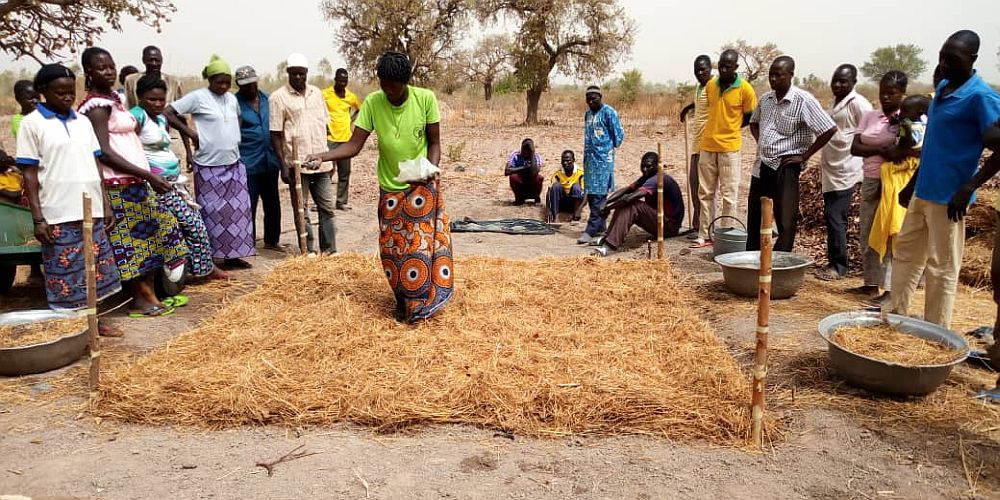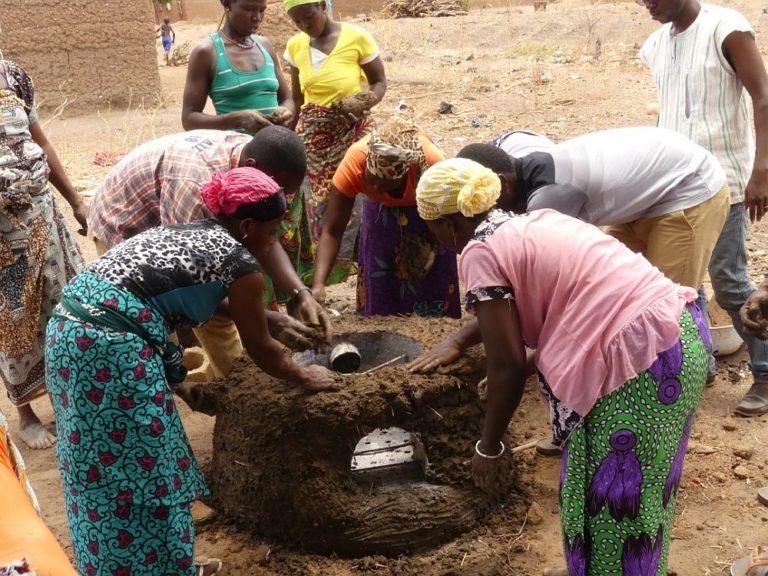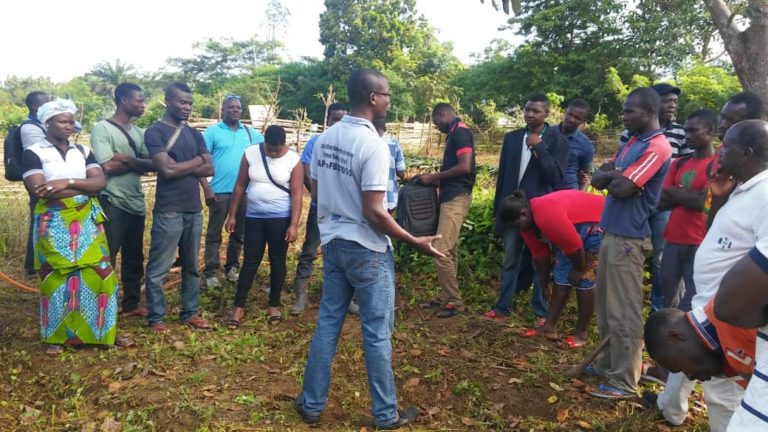A look back at a 3-year initiative engaging with young people to make a difference for a brighter future!
It is commonly said that youth are the future of our world – and they are also its immediate present, particularly so in West Africa where 44% of the population is estimated to be under 24 years old. Since the early 2010s, Global Water Partnership (GWP) has mobilized to proactively engage with young people and empower them to become agents of change. GWP aims to support and catalyze change for the governance and the management of water resources towards sustainable and equitable development.
A 3-year initiative by GWP, the International Secretariat for Water (ISW), and Partners have shown that while decision-makers are interested in the role of young people, their practical support for youth participation remains low, mainly due to the lack of sufficient capacities and models for bringing youth-related initiatives to scale. Further work needs to focus on overcoming these barriers.
The West Africa region faces multiple significant challenges: rapid population growth, climate change, security issues, all amplified by high rates of unemployment and the current health crisis of the Covid-19 pandemic. These challenges are also an opportunity to innovate and support climate change resilient development, built with local populations, and a source of economic growth and jobs.
Young people in the region must be at the heart of these transformations. Our experience is that they are a force for innovation and action, but they also need to be supported in order to develop their potential. Young people, especially young women, are vulnerable to the impacts of climate change and often lack access to adequate resources to become agents of change.
In November 2017, GWP West Africa (GWP-WA) and the International Secretariat for Water (ISW), together with national and local partners launched the #TonFuturTonClimat project (TFTC, YourFutureYourClimate) to strengthen the capacities of rural and semi-urban young people for climate change adaptation. The project is supported by the Government of Quebec and it focuses on the implementation of three local initiatives linked to water, agriculture and forestry led by young people, and the creation of connections between the actors involved.
The local projects developed under TFTC with the youth included activities for the restoration of ecosystems at the head of the Mékrou basin in Benin; the use of water and energy-saving technologies for agricultural production in Burkina Faso and the protection of water, the environment and soil through an integrated land management approach in Danyi Apéyémé, Togo.
As the first phase of the project is coming to an end, what have we delivered and learned?
The project helped to enhance the capacities of the young people and their associations to implement resilient agro-ecological practices, supporting economic development. TFTC also relied on a strong and positive commitment from the various players involved, including municipalities, customary and religious authorities, landowners, decentralized technical services (water, agriculture, livestock, environment) and, of course, beneficiary youth associations.


